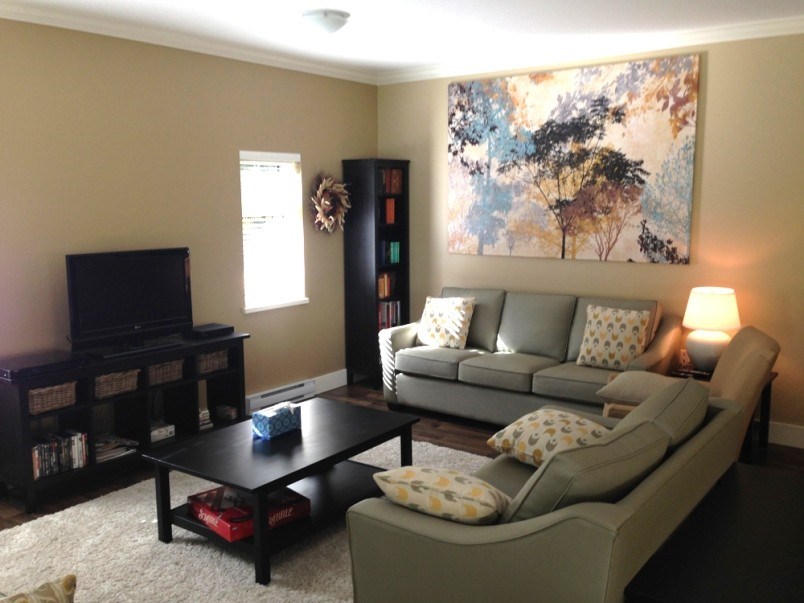The Squamish house is almost ready for overnight guests.
The soon-to-open, not-for-profit Turning Point Squamish will offer residential addiction recovery for those with mental health and, or substance addictions.
The 10-bed house for men, women and trans clients is located in a residential neighbourhood in Squamish.
The society does not release the exact addresses of its homes. So far, the Squamish neighbours have been beyond supportive, according to Brenda Plant, Turning Point Recovery Society's executive director.
"They are just sensational people," she said.
"We are looking forward to providing the service there, at long last."
While the original opening date was forecast for August of 2017, Plant said the organization has taken its time getting everything ready.
"We are very, very close," she said.
In the interim, Sea to Sky residents have been served at the society's other location in the North Shore.
"We have been serving Squamish, just not in Squamish yet," she said.
Turning Point Squamish will serve the entire Sea to Sky Corridor.
The house has support staff in place, but still needs a local site manager, councillor and staff willing to do "overnight, awake shifts" (send applications to admin@turningpointrecovery.com).
"We won't be licensed until we have the staff," Plant said.
Support staff hired for Squamish have commuted in the meantime, which Plant said has been amazing.
Four of the Squamish beds are contracted with Vancouver Coastal Health while the others will be for privately paid clients.
Clients usually stay between three and four months.
In its six Turning Point houses, the society served 320 people last year. Planet said an interesting change has been that stays have been longer.
"It is because of the lack of affordable housing. People have nowhere to go, so they end up staying with us a little bit longer," she said.
Between 80 and 85 per cent of clients have "concurrent disorders," meaning they have mental health and addiction issues.
Residents have to be medically stable and not at risk of acute withdrawal before being admitted.
While it is an abstinence-based program, Plant said "Turning Point embraces a continuum from harm reduction through to abstinence. Our goal is to find what part of recovery is going to work for them on that continuum."
The treatment program has a heavy emphasis on life skills and education along with nature therapy. Clients also volunteer within the community with partner organizations—working in a community garden, for example.
"We instill in our clients the importance of being a member of the community," she said.
For more on Turning Point www.turningpointrecovery.com/index.htm.




